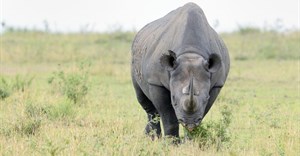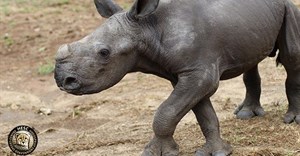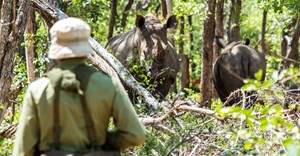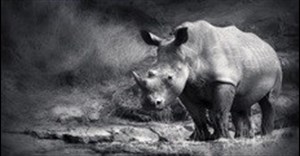
Predictive analytics, cognitive computing, big data used in anti-rhino poaching solution
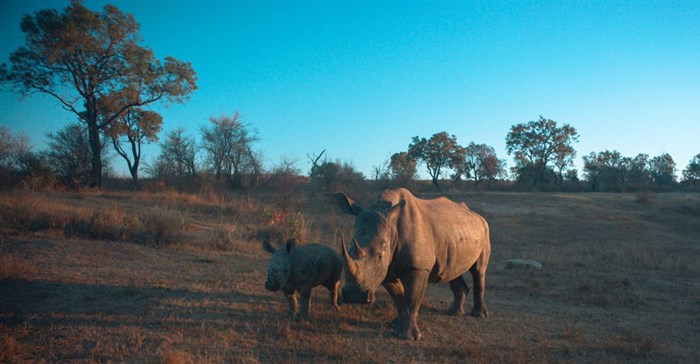
According to Mariana Kruger, general manager for ICT Solutions at MTN Business, initial results are leading to totally unexpected but highly illuminating insights. For instance, how animal behaviour changes during a full moon, reading clear danger signals in a breeding camp where no predators were known to hunt (it was subsequently determined an escaped leopard was on the prowl), and the very different reactions to a ranger vehicle approaching versus a predator.
“We are only scratching the surface of what predictive analytics, cognitive computing and big data can teach us about animal behaviour. However, when it comes to rhino poaching, the aim is to harness this data to radically bring down the number of kills by using sensors on animals in the park to determine danger levels and set teams in motion to save the animals,” says Kruger.
Organised crime
With 1.4 rhinos being killed every day in South Africa, reserves and lodges need to effectively hire small armies to save and protect their animals. Not only does this lead to higher manpower and overall costs, but the lives of rangers are also put at serious risk every day in the battles they have to fight in the wild.
“It is organised crime and the immense amount of manpower and money that has to go into saving rhinos is not sustainable,” says Kruger.
IoT is the next wave of inter-connectivity set to change the face of business by delivering practical solutions to many of the problems being faced today. It uses identifiers – which can be linked to any object – to seamlessly transfer data over a network. In the current project, the identifiers are unique sensor collars placed on four different species of prey animals that roam the Welgevonden Game Reserve with the rhinos.
Cross-continental project
For this project, MTN, with IBM, Wageningen University in the Netherlands, and Prodapt, joined forces in the cross-continental project to harness their skills. In the Connected Wildlife Solution, the data collected from the sensors is communicated via a wide area network server and backhauled over the MTN 3G/4G network. In this way connected devices, sensors and systems provide insight.
It is hoped the innovative solution can bring poaching down to just one a year globally, while also saving major costs for the industry. The pilot phase of the project is set to provide enough inputs and use cases to drive further rollout in the next few months.












